Erika L. Sánchez joins guest host Courtney Collins to discuss some very personal stories about mental health, success and confronting racism in everyday life.
Read more


Erika L. Sánchez joins guest host Courtney Collins to discuss some very personal stories about mental health, success and confronting racism in everyday life.
Read more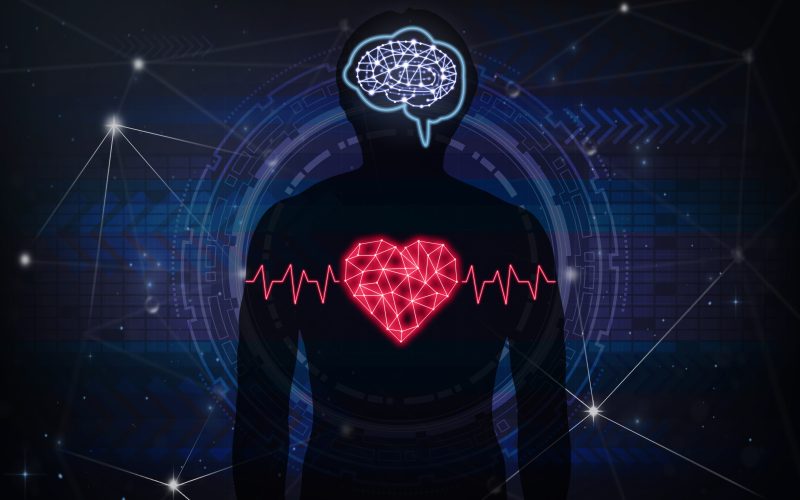
Author Selena Barlett discusses how a better understanding of brain science can help us to identify destructive patterns and forge new paths toward health and happiness.
Read more
Laura Trujillo shares the shock she faced when her mother took her own life, the dark secret she had to plumb to move forward, and where she ultimately found peace.
Read more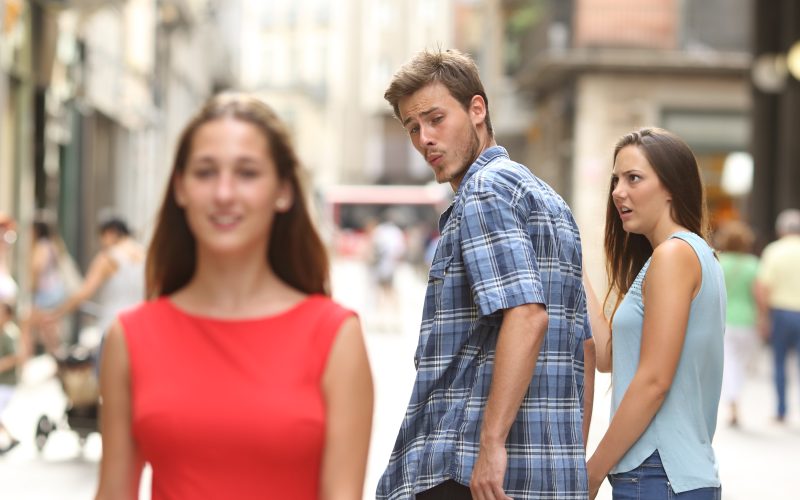
Psychologist Joshua Coleman explains how our culture of individualism puts pressure on relationships and how to know when it’s time to walk away.
Read more
Journalist Gloria Liu talks about the outdoorsy types who like to go naked and asks: Would she be happier if she were less prudish about her body and those around her?
Read more
Devon Price talks about his own experience with neurodivergence and delves into the lives of people who feel ignored and invisible.
Read more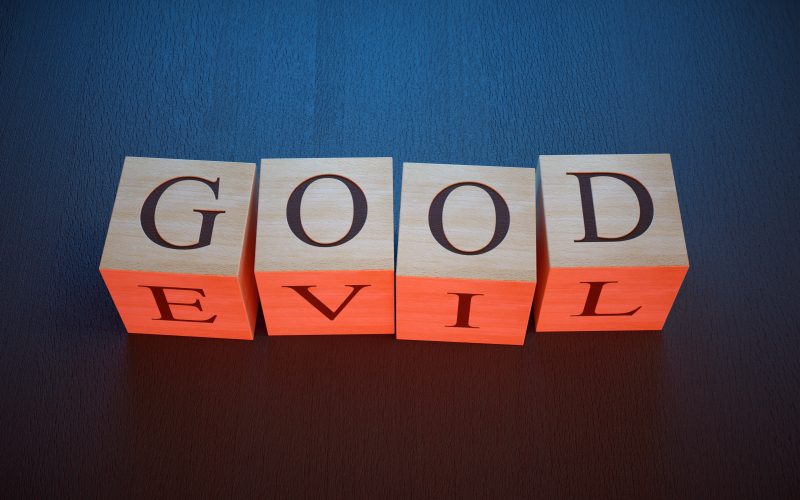
Professor Simon Baron-Cohen joins us to discuss the neuroscience of narcissism and psychopathy and the reasons someone might lack the ability to care.
Read more
Assistant Prof. Liliana Soto joins us to discuss the emotional toll of Latino journalists covering the El Paso and Uvalde mass shootings, necessary coping skills, and why self-care is so difficult for reporters.
Read more
Joshua Hicks, a professor of psychological and brain sciences, discusses why appreciating small, significant moments can lead to a sense of purpose.
Read more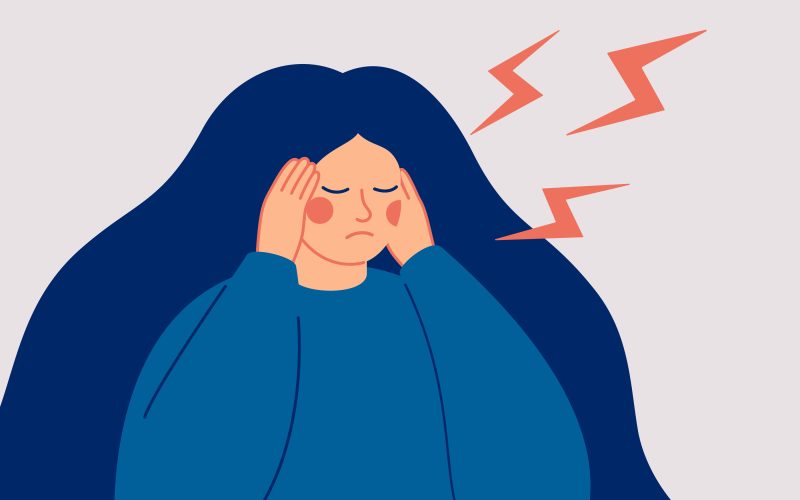
Caroline Mazel-Carlton joins host Krys Boyd to talk about her personal experience with hearing voices, surviving a suicide attempt, and how she works now to fight for change in how mental illness is viewed.
Read more
Penn State gender and sexuality studies professor Hil Malatino talks about why embracing feelings of envy and despair can offer a more complete picture of a person post-transition.
Read more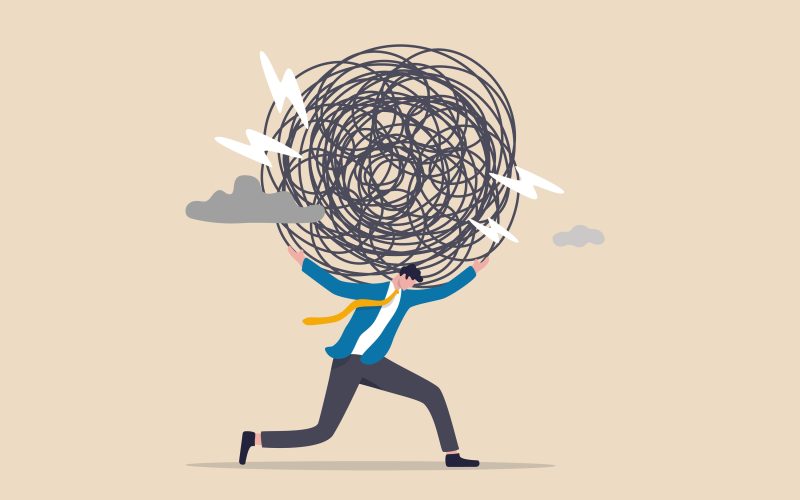
Tracy Dennis-Tiwary, a psychology and neuroscience professor, explains why, she says, anxiety is tied to hope, and why linking it to disease is an outmoded way of thinking.
Read more